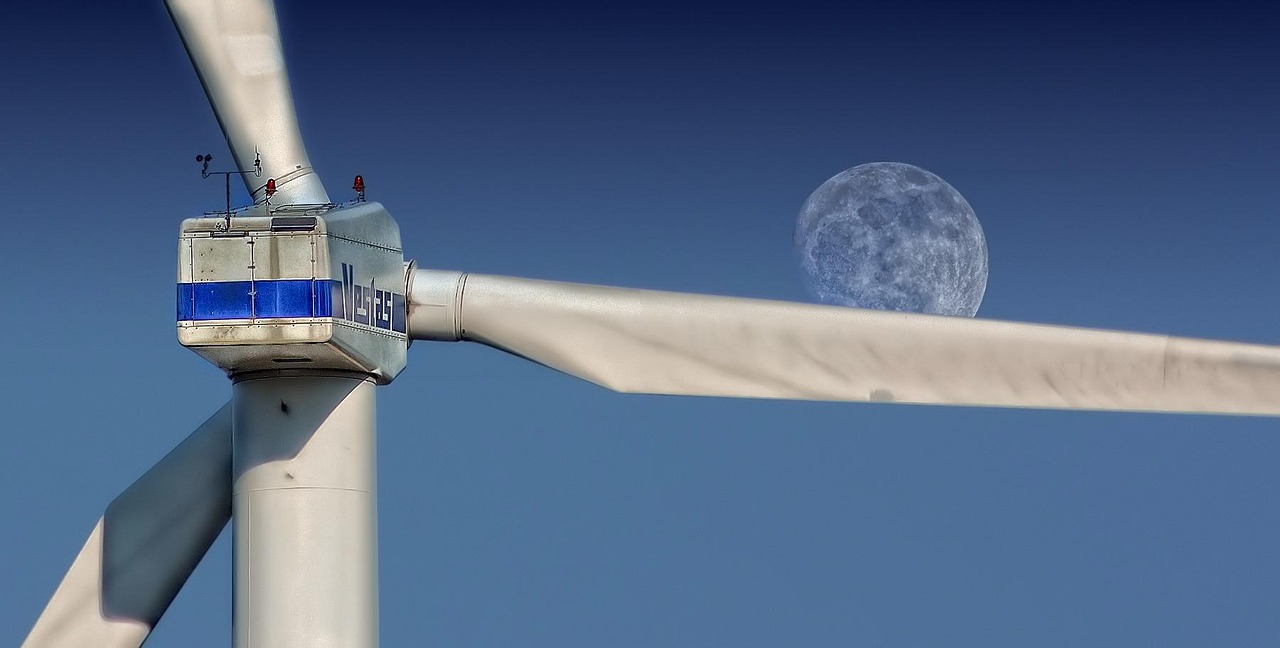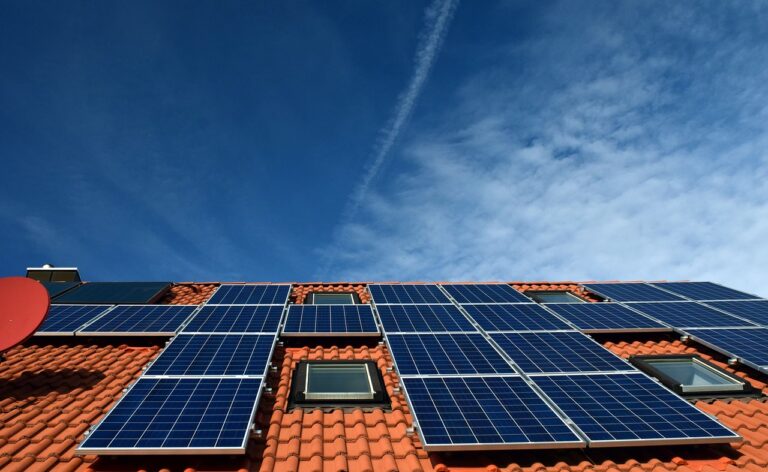Balancing National Security and Green Ambitions: The UK’s Dilemma Over Chinese Wind Turbine Tech
Recent reports have placed the United Kingdom at the crossroads of national security and the rapidly evolving renewable energy sector. MI5, the UK’s domestic intelligence agency, is reportedly investigating the involvement of Chinese entities in key aspects of the nation’s green technology projects. This investigation, which focuses on potential espionage risks linked to wind turbine technology, underscores the challenges of securing critical infrastructure while embracing global investment and innovation in renewable energy.
Concerns Over Espionage
At the heart of the current debate is the possibility that Chinese companies, such as Mingyang, may provide Beijing with indirect access to sensitive information. MI5’s inquiry is primarily driven by fears that hardware supplied for major projects like the proposed Green Volt offshore wind turbine project could be compromised. Critics warn that if vulnerabilities exist—such as embedded sensors capable of tracking maritime activity or gathering data on the Royal Navy’s submarine fleet—they could offer an avenue for espionage reminiscent of the “Huawei moment.” This term refers to the UK’s previous decision to remove Huawei from its 5G network over similar security concerns.
Intelligence officials have stressed that the investigation forms part of a broader effort to safeguard the nation’s supply chain. Energy Minister Kerry McCarthy has emphasized that the government is undertaking “rigorous processes” to ensure that every component of the renewable energy infrastructure is secure. For those concerned with national security, the probe is seen as a necessary precaution to prevent any potential backdoors that might jeopardize the UK’s strategic assets.
Economic Opportunities and Technological Innovation
While the security concerns are substantial, the involvement of international partners in the renewable energy sector also presents significant economic opportunities. Chinese companies have emerged as leaders in green technology, offering expertise, competitive pricing, and advanced manufacturing capabilities. For instance, Mingyang has proposed the establishment of a turbine manufacturing plant in Scotland—a move that could create local jobs, spur technological development, and attract further foreign investment.
The Treasury has reportedly shown enthusiasm for projects that not only contribute to the nation’s green agenda but also bolster the economy. Proponents of international collaboration argue that a well-regulated partnership can deliver dual benefits: achieving the UK’s ambitious climate goals while stimulating economic growth. They maintain that stringent security protocols need not preclude the incorporation of innovative technology from global markets, provided that adequate safeguards are in place.
The Broader Geopolitical Context
The MI5 investigation is part of a larger “China audit” aimed at evaluating the full spectrum of UK-China relations. This audit reflects a broader geopolitical reality where many nations must balance economic cooperation with the need to protect sensitive infrastructure. Across the world, governments face the dual challenge of integrating advanced technologies from global suppliers while mitigating risks associated with foreign interference.
The UK’s approach mirrors concerns seen in other sectors, where technology supply chains have become vulnerable to strategic manipulation. As the nation moves toward a more interconnected global economy, the lessons learned from previous experiences—such as the restrictions placed on Huawei—are proving invaluable in shaping policy. This evolving context underscores the need for a nuanced strategy that accommodates both the imperatives of security and the demands of technological progress.
Navigating a Delicate Balance
The current predicament highlights a broader debate: how can the UK secure its critical infrastructure without stifling innovation and economic opportunity? Critics of an overly cautious approach argue that excessive restrictions might delay essential projects needed to meet the country’s climate commitments. They stress that while vigilance is crucial, it should not inhibit the competitive edge that comes from engaging with international partners who are at the forefront of renewable energy technology.
Conversely, proponents of a stringent security framework caution that overlooking potential vulnerabilities could have long-term strategic consequences. They call for enhanced oversight mechanisms and robust regulatory frameworks to ensure that any foreign involvement in the supply chain does not compromise national security. The challenge lies in crafting policies that are both flexible enough to foster innovation and strict enough to protect against espionage.
Looking Forward
As the investigation continues, several steps could be taken to strike the necessary balance. Transparency in the supplier selection process will be critical, as will clear guidelines that outline the security requirements for all components of critical infrastructure. The forthcoming comprehensive audit of UK-China relations later this year is expected to provide further clarity and help inform future decisions in this domain.
Moreover, ongoing dialogue between government agencies, industry stakeholders, and international partners could pave the way for establishing best practices that reconcile security concerns with the benefits of global technological exchange. The goal is to create a resilient framework that not only addresses current challenges but also anticipates future risks in an increasingly complex geopolitical environment.
Conclusion
The UK’s experience with the MI5 investigation into Chinese wind turbine technology encapsulates a broader dilemma faced by many nations today: the need to secure critical infrastructure while remaining open to the benefits of international collaboration. As the government works to ensure that national security is not compromised, it must also harness the opportunities presented by global leaders in green technology. The balance between these competing interests will be crucial in shaping a sustainable and secure future. Ultimately, the path forward will depend on the ability to integrate robust security measures with dynamic, forward-looking policies that support both innovation and the nation’s long-term strategic interests.







